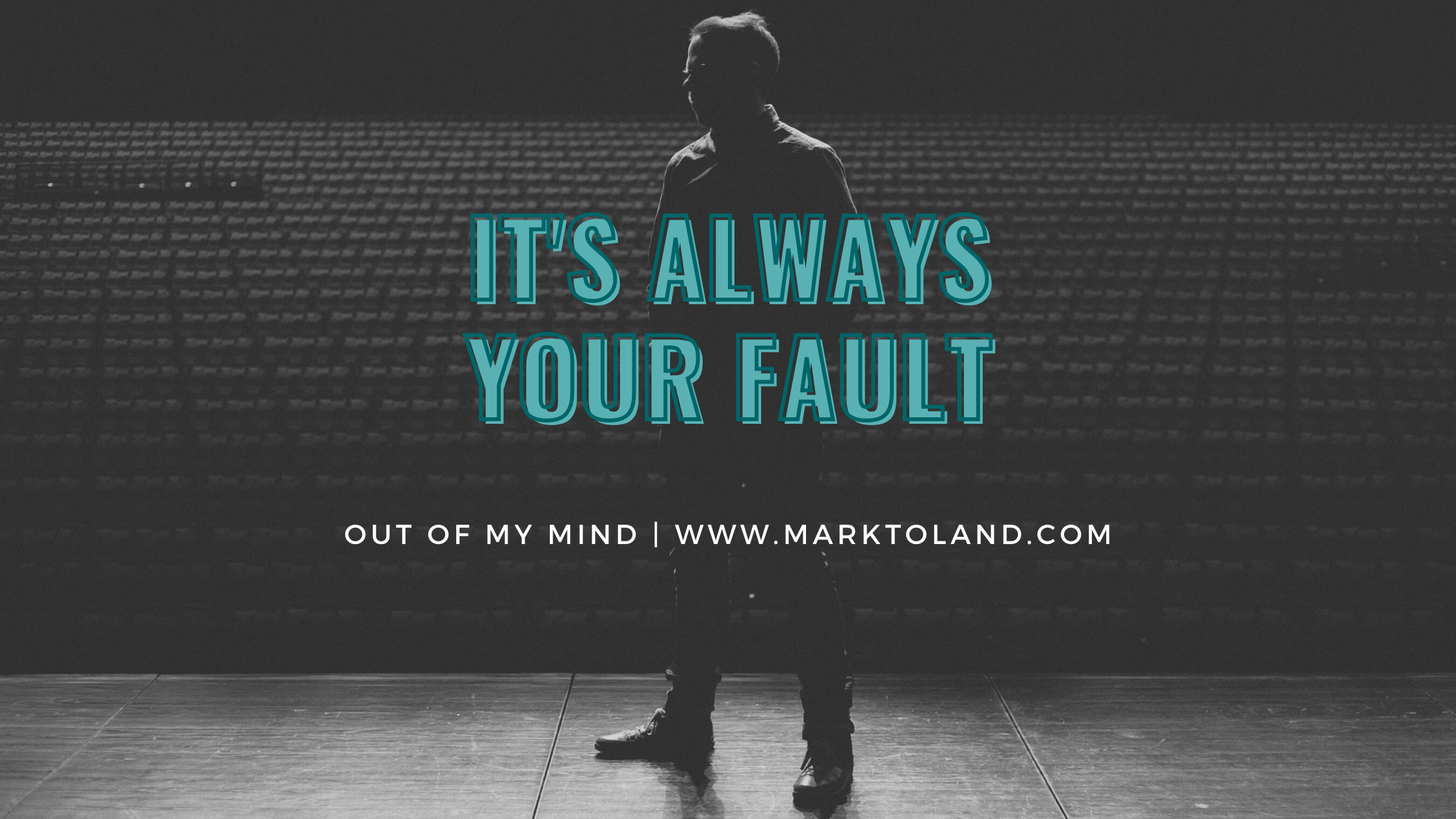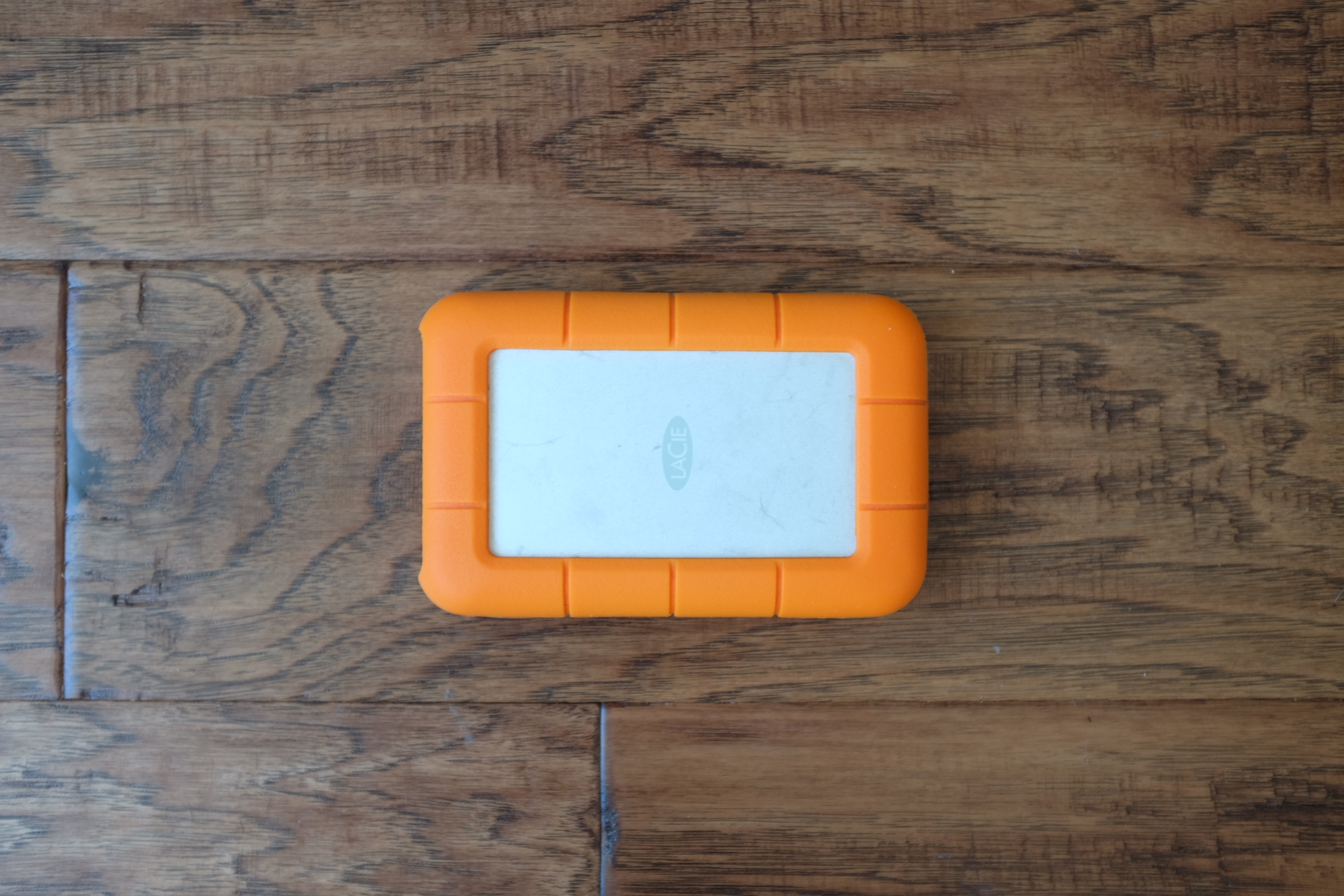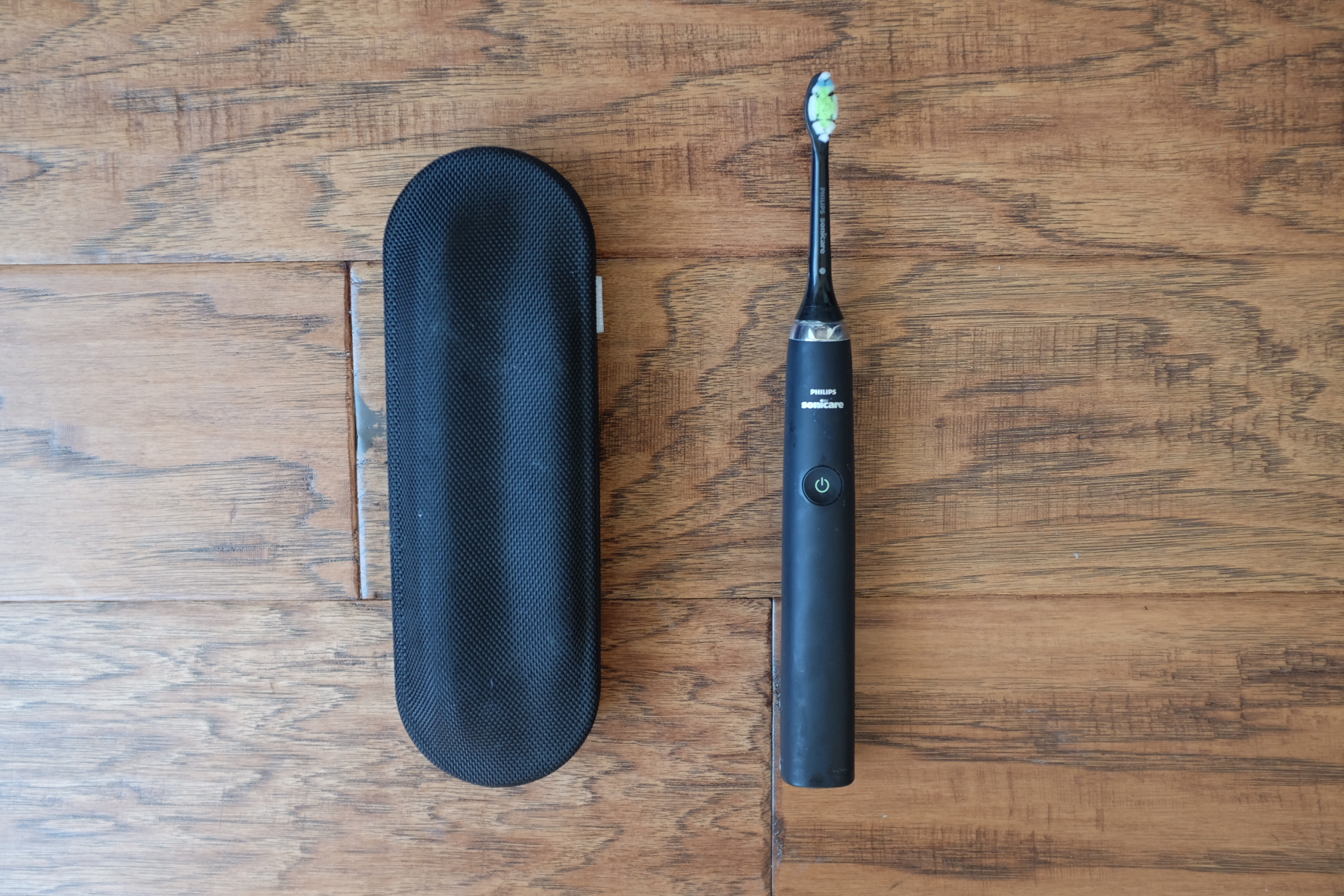A few weeks ago I reached a small milestone in my personal life, a day that came and went with no fanfare or pomp and circumstance. Still, I took a minute to appreciate the positive changes I’d seen in my life.
The occasion? It had been a full year since I deleted all of my social media accounts.
At the time, everyone said, “Don’t do that - you need social media to have a career in show business! There’s no other option!” For a long time, I believe them. I thought about deleting my accounts off and on for over a year from late 2018 to late 2019, then finally pulled the plug in December 2019.
It’s one of the best decisions I’ve ever made.
So after a year, let’s debunk some of the biggest misconceptions about social media, marketing yourself, connecting with others, and building your fan base:
• Myth #1 : It’s impossible to get work without social media
This is quite simply not true. It feels weird to say this since we’re in the middle of a pandemic and life is very hard for many people right now, but 2020 was one of the most successful years of my career thus far. I was able to bring entertainment to thousands of people in a virtual format, sell tickets to online shows, and work for major clients around the world. None of that work came from social media - it came from having a great product and letting other people spread the word.
When my accounts were active I never booked a single gig from social media. Everything came from other sources, yet I clung to the idea that having a visible presence online was imperative to a successful, sustainable career as an entertainer. I was wrong. You do not need social media to get work - there’s always another option.
• Myth #2: You need to keep your social media up to date so you stay visible.
Yuck.
I can’t tell you how many hours I wasted brainstorming ideas for social media content, scheduling posts, and trying to stay current across all of my profiles. What a colossal waste of time.
If anything, social media creates the illusion of being busy. You’re updating it every day and getting constant interaction from likes, comments, retweets, and shares, so it must be helpful right? I don’t think so.
We’ve been tricked into thinking these things matter, so we spend time on our status updates instead of on our actual product. After I quit social media I suddenly found myself with a massive amount of extra time on my hands. At first I didn’t quite know how to handle it. It felt weird to not be doomscrolling at all hours of the day, but gradually my mind began to shift and I started asking myself, “What should I work on today?” I stopped consuming and started creating. Deleting social media let me reclaim my spare time for my own projects and I’ve seen a seismic shift in my creative output.
• Myth #3: You need social media to keep in touch with people.
When I deleted social media I only had a couple of people reach out to ask me about it. Other than that, no one seemed to notice or even care.
Chances are you already stay in touch offline with the people that really matter in your life. The other 99% of the people on your social media feeds don’t matter.
Seriously, those people suck. You don’t need to know what that classmate you only spoke to once during freshman year had for breakfast this morning. You don’t need to know that your high school math teacher is an expert on QAnon now or that your coworker whose name you forgot just had a baby. It’s weird to snoop on the lives of so many strangers. And, it’s weird that people feel inclined to share so much.
Our social circles are supposed to be much, much smaller. You should probably really only be friends with a handful of people. As a result, there’s no need for social media to keep in touch with the people that truly matter. Now that I’m off those platforms I find myself texting, e-mailing, or - god forbid! - even calling my friends much, much more often.
Being off of social media has made me more productive, more creative, and just generally more happy on a daily basis. I have a lot more to say on this in the coming weeks but for now, if you’re interested in doing away with your social media, too, I highly recommend Jaron Lanier’s book “Ten Arguments For Deleting Your Social Media Accounts Right Now”.
RELATED POSTS
About Mark Toland
Mark Toland is an award-winning mind reader and two-time TEDx Speaker. His mind blowing skills have been featured on NBC, ABC, FOX, CBS, NPR, WGN, Sirius XM, and more. Mark’s blog is a behind-the-scenes look at the life of a professional entertainer, full of creative thoughts for creative people. Sign up below so you’ll never miss a post.






















